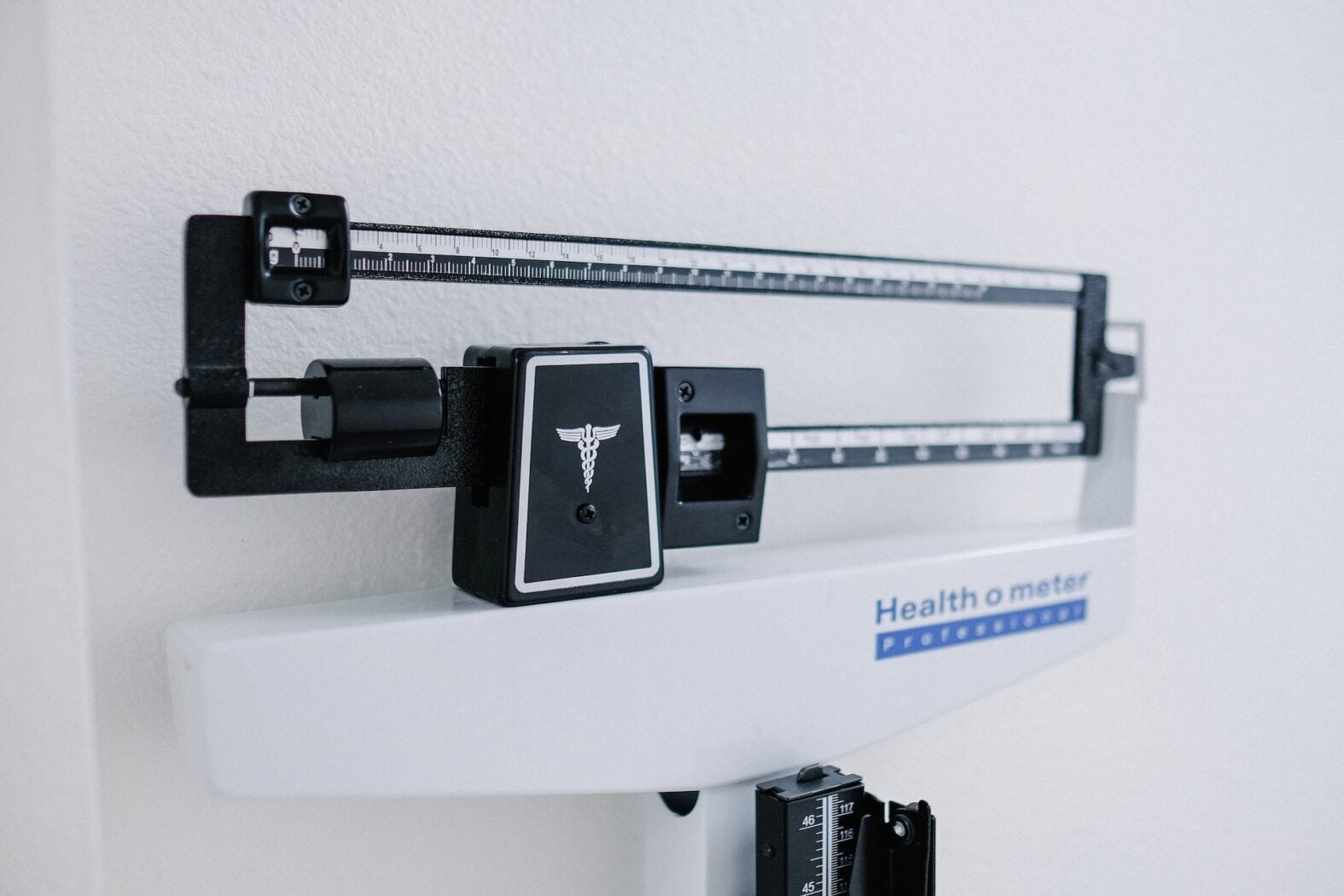
The Skinny on Obesity Drugs
By Ann Constantino,
Looking back at all of the health problems we have discussed in this column over time, several things keep consistently showing up as helpful interventions, regardless of the nature of the illness or condition discussed. Good nutrition, exercise, and stress management can almost universally improve your outcomes or at least your ability to withstand or even avoid health challenges. In other words, taking matters into your own hands, thus taking responsibility for your own wellness, works.
And yet, one of America’s most challenging health issues–obesity–is currently being addressed by some relatively new drugs that diminish appetite, thereby leading to weight loss, which in turn helps to lower risk factors for many serious diseases, and allows us to continue to shun that ultimate responsibility.
Epidemic of overweight Americans
Without a significant reduction in calorie intake, the scale doesn’t budge much.
Two-thirds of Americans are considered overweight, and half of those are considered obese, meaning their body mass index (BMI) is greater than 30. (Body mass index is a rather dull instrument for measuring whether or not a person is actually overweight, and providers use many other factors of your health when determining risk carried by your weight, but for our purposes here, it’s an adequate tool to establish how widespread the American belly has become.
Consumption of empty calories and alcohol along with too much sitting and stress levels through the roof for so many of us have tipped the scales ever upwards. Fad diets and healthy diets and every calorie-trimming scheme you can imagine are tried by millions with little success or the unsatisfactory yo-yo effect of weight loss soon followed by gaining it all back. Weekend warriors and step counters calculate calories burned in hopes of trimming down, but without a significant reduction in calorie intake, the scale doesn’t budge much.
The rise of semaglutide in the fight against obesity
With obesity a major risk factor in so many forms of serious disease from cancer to heart disease to diabetes, and more, Americans are desperate for a remedy.
Several drugs have appeared on the scene in the past few years that may finally be giving Americans a handle on their weight loss struggles, but what are the drawbacks?
Wegovy, Rybelsus, and Ozempic are all brand names for the same drug, semaglutide, and were originally created for diabetics for whom weight loss was essential to the preservation of health. Not yet available in generic form, the drugs have been approved as remedies for severe obesity, meaning they can be prescribed for non-diabetics who are using them purely as a weight loss aid. Additionally, many patients are receiving prescriptions from their docs “off-label”, meaning that they have neither obesity nor diabetes, but merely want to lose weight the “easy way”.
Semaglutide injections were initially available to diabetics to help them control their blood sugar levels, with weight loss being a positive side effect that helped to lower other risk factors. Now Americans are flocking to their docs for prescriptions just for weight loss, and the results are encouraging, at least at first.
A study that followed people taking the drug for 68 weeks showed that half of the participants shed 15% of their body mass while another third of participants dropped 20% of their total weight. Those incorporating the above-mentioned lifestyle modifications lost only 2.4% of their body mass by comparison.
Why some avoid semaglutide
A monthly supply, when not covered by insurance can run anywhere from $300-$1500.
However, many factors are beginning to give Americans pause as some of the side effects, expense, and the need to stay on the drug indefinitely, take the attractive shine off the method.
A monthly supply, when not covered by insurance can run anywhere from $300-$1500, out of reach for nearly anyone living in a world of skyrocketing prices and frozen wages. (The good news is, for diabetics or the severely obese whose health is already compromised, insurance will likely cover either the injectable or the pill form of the drug.)
Other factors that may influence a patient’s decision to avoid semaglutide include:
- Because the drug works by affecting the brain’s regulation of appetite, ceasing the drug usually results in regaining all of the weight lost, once the appetite returns to its former vigor. Polls have shown that this decreases a prospective patient’s interest in the drug.
- Common side effects during clinical trials included nausea, diarrhea, vomiting, constipation, abdominal pain, indigestion, dizziness, bloating, gas, headache, and fatigue. Almost everyone experiences one or more of these side effects to a degree.
- While the appetite is suppressed it is still important to consume healthy calories. Fat-laden sugar bombs are never going to help you lose weight, and taking a weight-loss drug is not equivalent to permission to eat them.
- The risk of retinopathy increases, a condition causing damage to the blood vessels of the eyes. Usually confined to diabetics, this can lead to reduced vision or even blindness.
- Those with a history of certain types of thyroid cancer or pancreatitis cannot take semaglutide.
Researchers continue to study the genetic factors of appetite, hunger, fullness, and metabolism, a complex cycle involving many genes that once better understood is hoped to address the causes and remedies for obesity, enabling weight loss options to be more nuanced and tailored to the individual.
See your provider if your weight is a concern. Discuss the level of risk your scale readings have on your health. Go beyond BMI to learn how overweight you really are. Weigh the advantages and disadvantages of a long commitment to an expensive, imperfect drug.
If you need a pharmaceutical intervention your insurance will probably cover it and the new drugs may help you regain your health. If not, well, it’s those same old self-motivated recommendations staring you in the face once again. Eat less, move more, and exhale a lot.
Ann Constantino, submitted on behalf of the SoHum Health’s Outreach department.